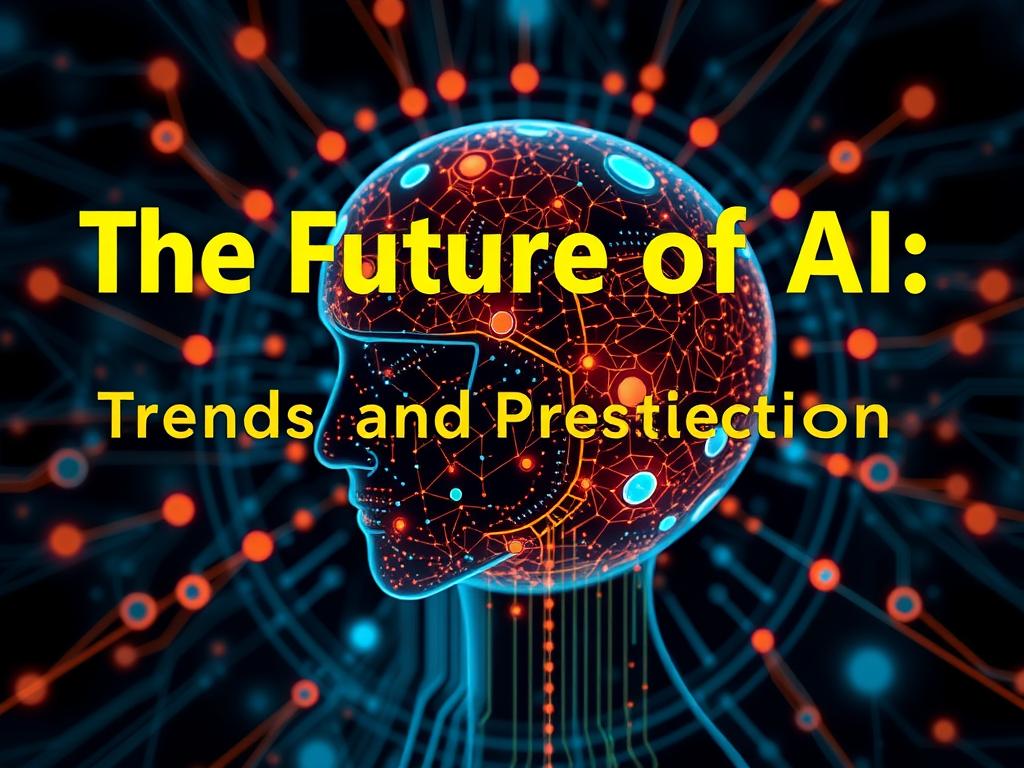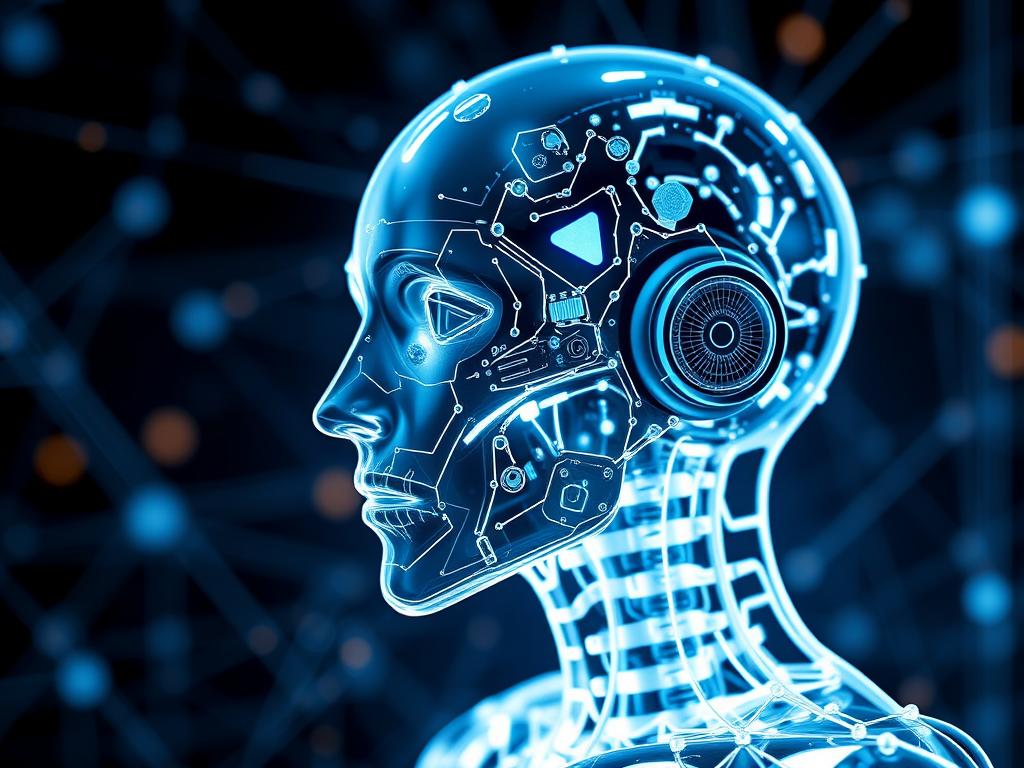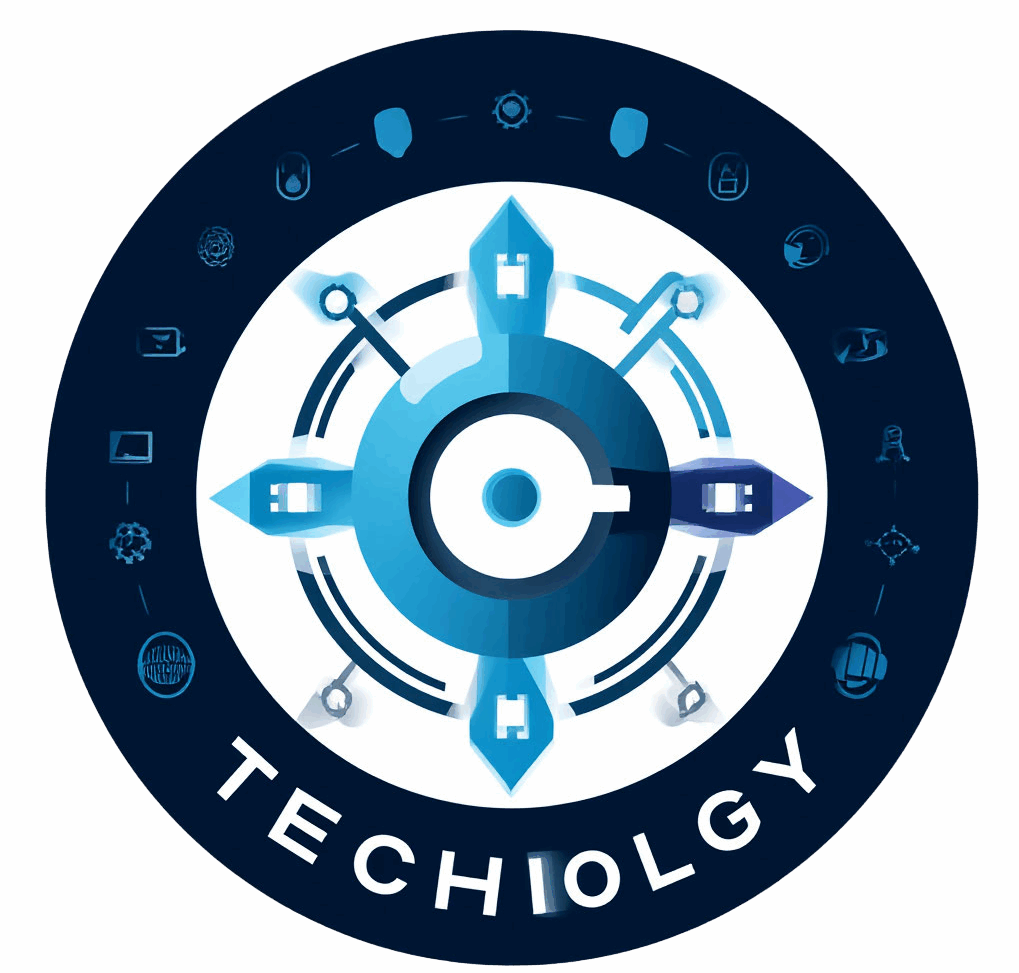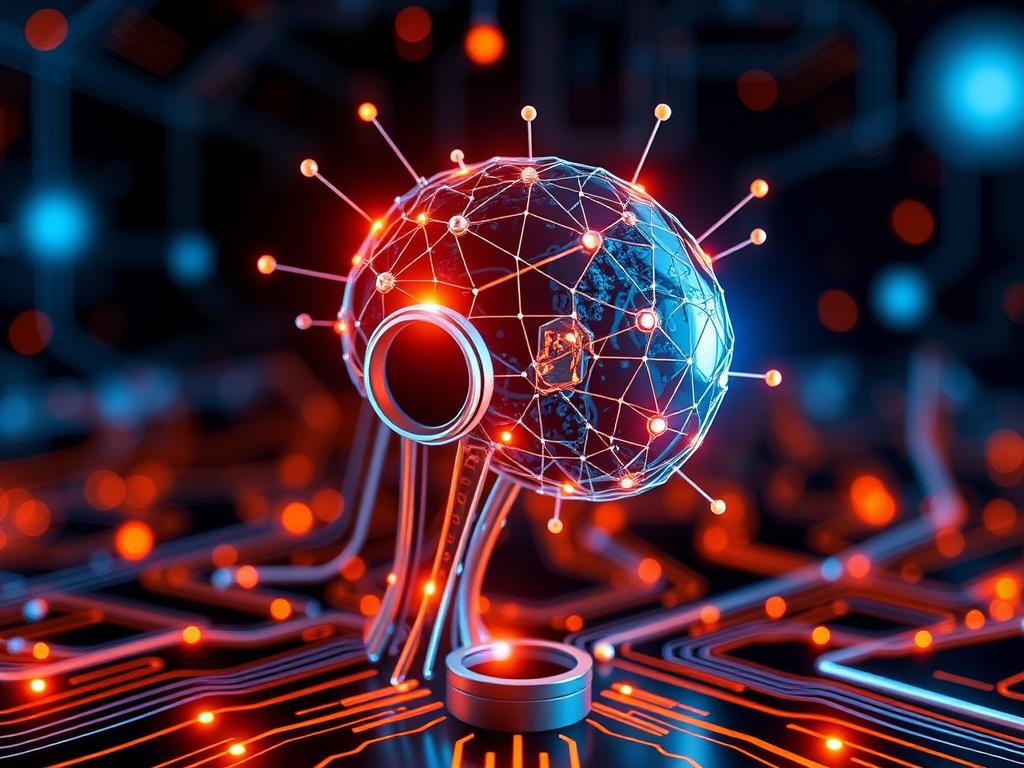Artificial Intelligence (AI) is no longer a futuristic concept tucked away in science fiction novels; it is an integral part of our daily lives, influencing everything from how we communicate to the way businesses operate. As we look ahead, the future of AI promises to transform societies in unprecedented ways. But what exactly are the trends and predictions that will define this evolving technology? In this article, we’ll explore the most exciting and important directions AI is heading, shedding light on how it will impact various sectors and even our personal experiences.
Understanding the Current Landscape of AI

To appreciate where AI is going, it’s essential to take a moment to understand where it stands today. Currently, AI powers virtual assistants, recommendation systems, self-driving vehicles, and even complex medical diagnostics. Techniques such as machine learning, deep learning, and natural language processing have enabled AI to perform tasks that once seemed exclusive to human intelligence. However, despite these impressive advances, AI still faces limitations when it comes to reasoning, emotional intelligence, and ethical decision-making.
The combination of advancements in computing power, availability of big data, and improvements in algorithms places AI at a unique point in history. These factors fuel ongoing innovation and set the stage for even more sophisticated systems. The following sections outline some of the most anticipated trends and predictions in the future of AI.
Major Trends in AI Development
1. Enhanced Natural Language Processing
Natural language processing (NLP) has come a long way, with AI now understanding and generating human language with high accuracy. Future AI systems will likely achieve near-fluent communication abilities, bridging gaps in global communication, language translation, and personalized education.
2. Increased Integration with IoT (Internet of Things)
AI and IoT are forming a powerful duo. Smart devices equipped with AI will become even smarter, creating interconnected ecosystems in homes, cities, and industries. This trend will streamline efficiency in energy use, traffic management, agriculture, and much more.
3. Ethical AI and Fairness
As AI systems permeate critical areas such as healthcare, law enforcement, and finance, concerns about bias, transparency, and accountability will spur efforts to develop ethical frameworks. AI trained to avoid discrimination and respect privacy will become standard rather than optional.
4. Autonomous Systems Beyond Vehicles
While autonomous cars attract much attention, autonomous technology will extend to drones, robots for home assistance, and industrial automation. These systems will handle complex tasks with minimal human intervention, reshaping labor markets and day-to-day living.
5. AI-Powered Creativity and Art
The creative potential of AI is a novel area gaining traction. AI algorithms are composing music, painting, writing stories, and even designing products. The boundary between human and machine creativity is expected to blur, raising questions about originality and intellectual property.
Predictions on AI’s Impact Across Industries
The transformative power of AI will impact diverse industries in specific ways. Let’s review key sectors and how AI might revolutionize them:
| Industry | AI’s Role | Potential Impact |
|---|---|---|
| Healthcare | Diagnostics, personalized treatment, robotic surgery | Improved patient outcomes, reduced costs, earlier disease detection |
| Finance | Fraud detection, algorithmic trading, risk management | Enhanced security, more efficient markets, better decision-making |
| Education | Adaptive learning, virtual tutors, AI grading | Customized learning experiences, improved access, reduced teacher workload |
| Manufacturing | Predictive maintenance, quality control, automation | Increased productivity, reduced downtime, higher product quality |
| Transportation | Self-driving vehicles, traffic optimization, logistics | Reduced accidents, improved efficiency, lowered emissions |
Challenges and Considerations for AI’s Future
With all the exciting developments, it’s crucial to acknowledge challenges that loom over the future of AI. Privacy concerns top the list, as AI often requires vast amounts of data which may include sensitive personal information. Additionally, job displacement caused by automation can contribute to economic inequality and social unrest if not addressed thoughtfully.
Another critical consideration is the risk of over-reliance on AI systems that might propagate errors or develop unwanted behaviors. This underlines the importance of human oversight and regulation. Furthermore, maintaining transparency in AI decision-making processes will help build public trust and acceptance.
How to Prepare for a Future Dominated by AI

Feeling overwhelmed by AI’s rapid growth? There are practical steps individuals and organizations can take to stay ahead and adapt:
- Continuous Learning: Staying informed about AI developments will help you identify opportunities and understand risks.
- Skill Development: Focusing on skills that complement AI, such as creativity, critical thinking, and complex problem-solving, will future-proof careers.
- Ethical Awareness: Understanding ethical implications helps in designing, implementing, and interacting with AI responsibly.
- Investing in Collaboration: Embracing AI as a tool that enhances rather than replaces human abilities encourages a balanced approach.
Technological Innovations to Watch

Certain technological breakthroughs will accelerate AI’s potential and open new frontiers. Here’s a quick overview:
| Technology | Description | Importance |
|---|---|---|
| Quantum Computing | Utilizes quantum phenomena to process information at incredible speeds. | Could solve AI problems previously impossible for classical computers. |
| Edge AI | Processing AI algorithms locally on devices rather than centralized servers. | Reduces latency, enhances privacy, allows real-time decision-making. |
| Explainable AI (XAI) | AI systems designed to be transparent and understandable by humans. | Increases trust and enables better validation of AI outputs. |
| Neuromorphic Computing | Computing inspired by the human brain’s architecture and function. | Could make AI more efficient and adaptive. |
The Role of AI in Society and Daily Life
The future of AI will not be confined to laboratories or boardrooms; it will permeate everyday life in exciting yet subtle ways. Imagine personalized AI companions that support mental health or AI systems that tailor news content to your interests while filtering misinformation.
Smart cities powered by AI can enhance urban living by optimizing energy consumption, improving public transport, and increasing safety. In homes, AI-powered devices will manage household chores or assist the elderly to live independently longer.
The social implications are vast, too — ethical AI could reduce inequalities by making quality education and healthcare more accessible. On the flip side, the digital divide may widen unless efforts are made to democratize AI tools.
Conclusion
The future of AI holds extraordinary promise and complex challenges. As AI continues to evolve, its influence will grow deeper across industries, societies, and daily life. Understanding the key trends—such as enhanced natural language processing, ethical AI, and advanced autonomous systems—helps us prepare for a world where AI and humans work hand in hand. Achieving a balanced future requires careful consideration of ethical issues, human values, and inclusive access to technology. Ultimately, AI’s potential is immense, but harnessing it responsibly will define the quality of the future it helps create. Whether you’re a technologist, entrepreneur, or simply a curious individual, staying informed and engaged with AI’s trajectory will ensure you’re part of this brave new world unfolding before us.




